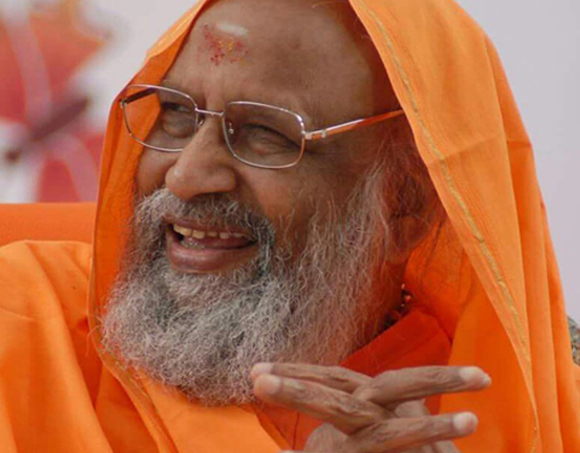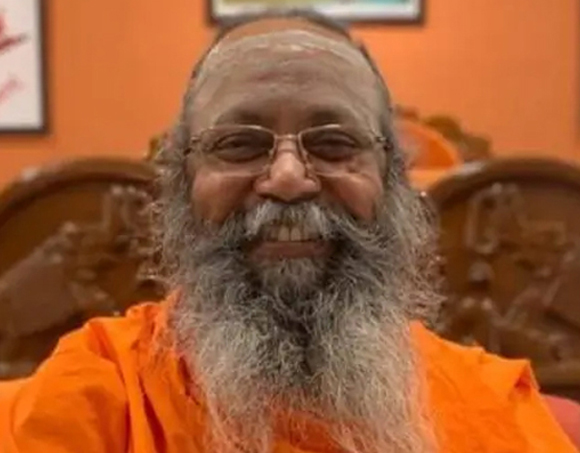Culture

Culture
Bharateeya Culture is Not Based on Blind Belief
Swami Dayananda Saraswati, in his unique and profound manner, elucidated:
Bharat is a living organism. Our Vedas are sacred. Our Bhagavad Gita is sacred. Our literature is sacred. Our "Pottu" (tilak) is sacred. Our dance is sacred. Our music is sacred. Our culture is sacred, and our very way of life is sacred.
Bharateeya culture has elevated human sensitivity, enabling individuals to attune themselves to the subtler cosmic laws. It teaches that Ishvara (God) manifests in the form of the infallible laws of the universe and resides within all living beings. This realization fosters the understanding of the unity of life. As a result, Bharateeya culture emphasizes the importance of sympathy and compassion for all living beings.
Thus, Bharateeya culture is rooted in a profound spiritual understanding rather than blind belief, with a focus on harmony with universal laws and compassion for all forms of life.
Swami Omkarananda on Culture
Bharateeya culture is not a dogmatic faith. It views all human beings as potentially divine and recognizes that every individual is entitled to spiritual growth, with the ultimate goal of attaining 'Moksha'.
We regard the Universe as a 'Pujya Vastu'—something to be revered and worshipped, rather than a 'Bhogya Vastu' to be consumed and enjoyed. This perspective is why, for us, every form of life is divine and worthy of worship.
This distinctive Vedic vision was passed down to us by our ancestors, who received it from the Rishis—sacred masters whose wisdom and teachings are unparalleled and unmatched by any other country.


Dr. David Frawley Says
"Bharat is the traditional name for India. It is derived from the great King Bharata, one of the early emperors of the region during Vedic times.
If we focus on understanding the Dharma of things rather than merely asserting a belief, we can connect with the essence of existence and uncover the unity and interdependence of all. By emphasizing Dharma over religion, we can eliminate religious conflicts in the world. It is essential to respect the sacred nature of all life forms and restore the understanding of their unity within the broader fabric of existence."
View of the Judiciary – The Hon'ble Supreme Court
In the case of Dr. Ramesh Prabhu Vs Prabhakar Kasinath Kunte (dated 11.12.1995, reported in AIR 1996 AIR 11131), the Hon'ble Supreme Court ruled that the term 'Hinduism' encompasses the culture and ethos of the people of India, reflecting their way of life, and is not merely a narrow religious concept. This finding was reaffirmed by the Supreme Court when disposing of a review petition, further solidifying the broader understanding of Hinduism as a way of life.

